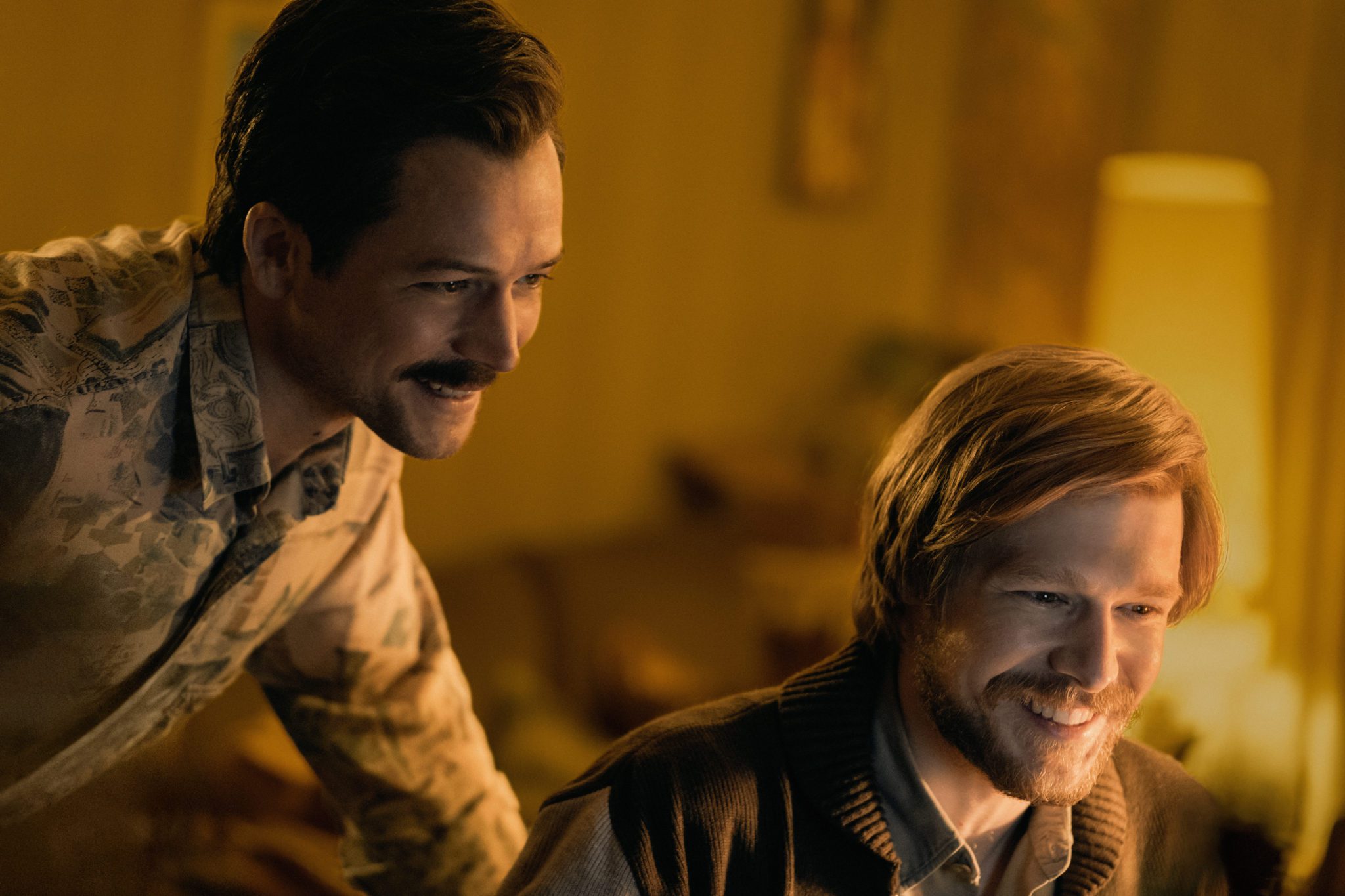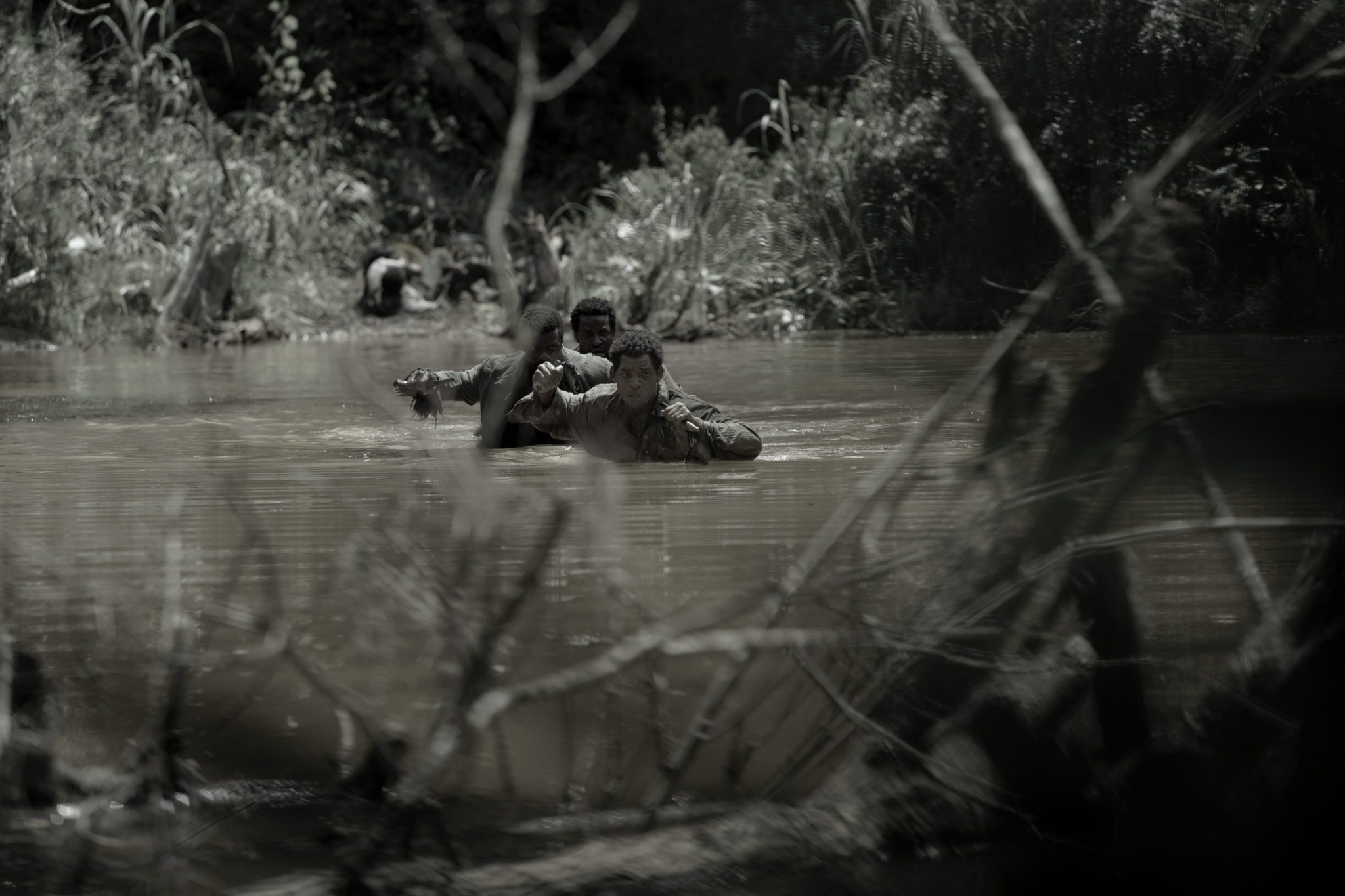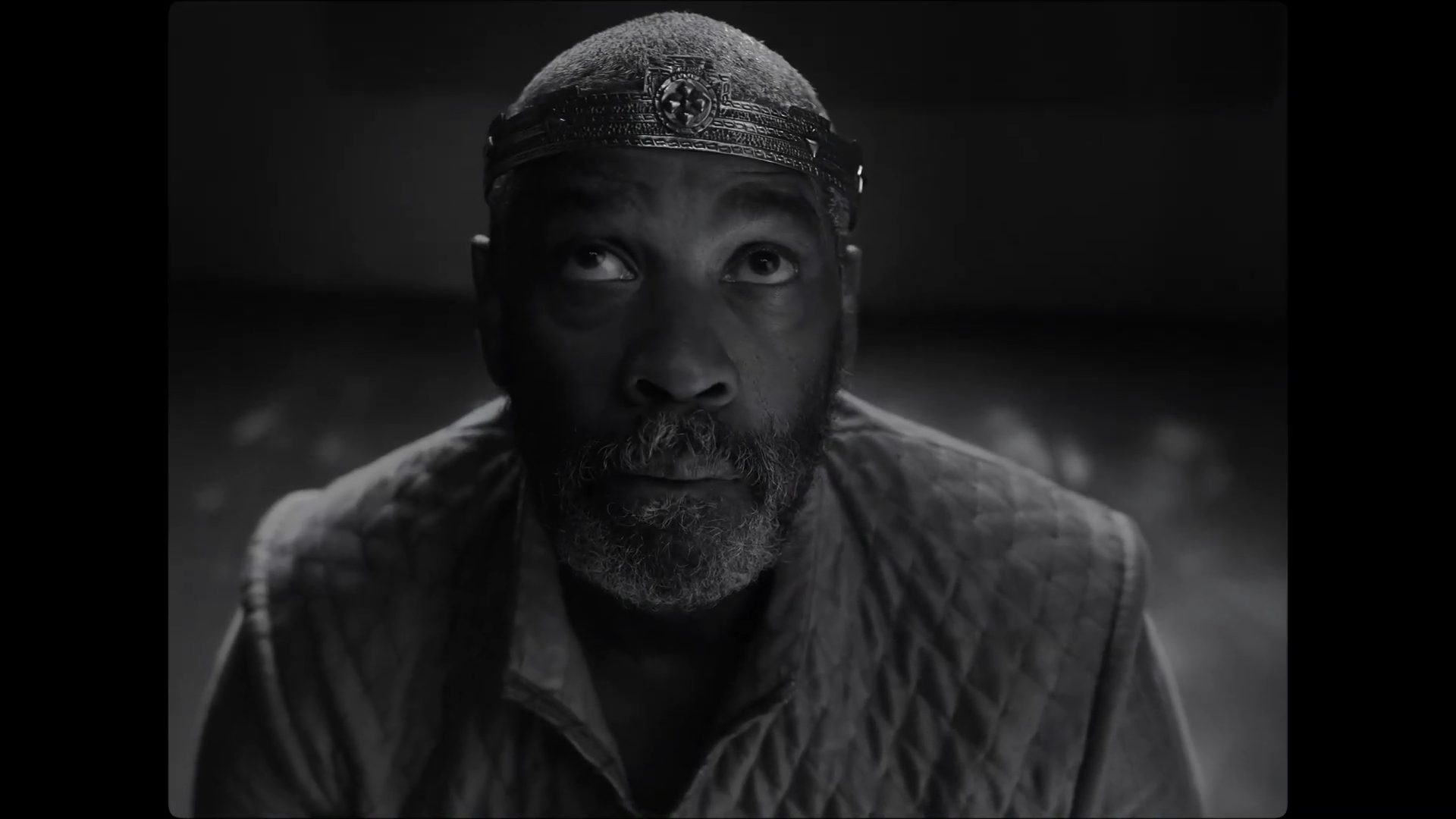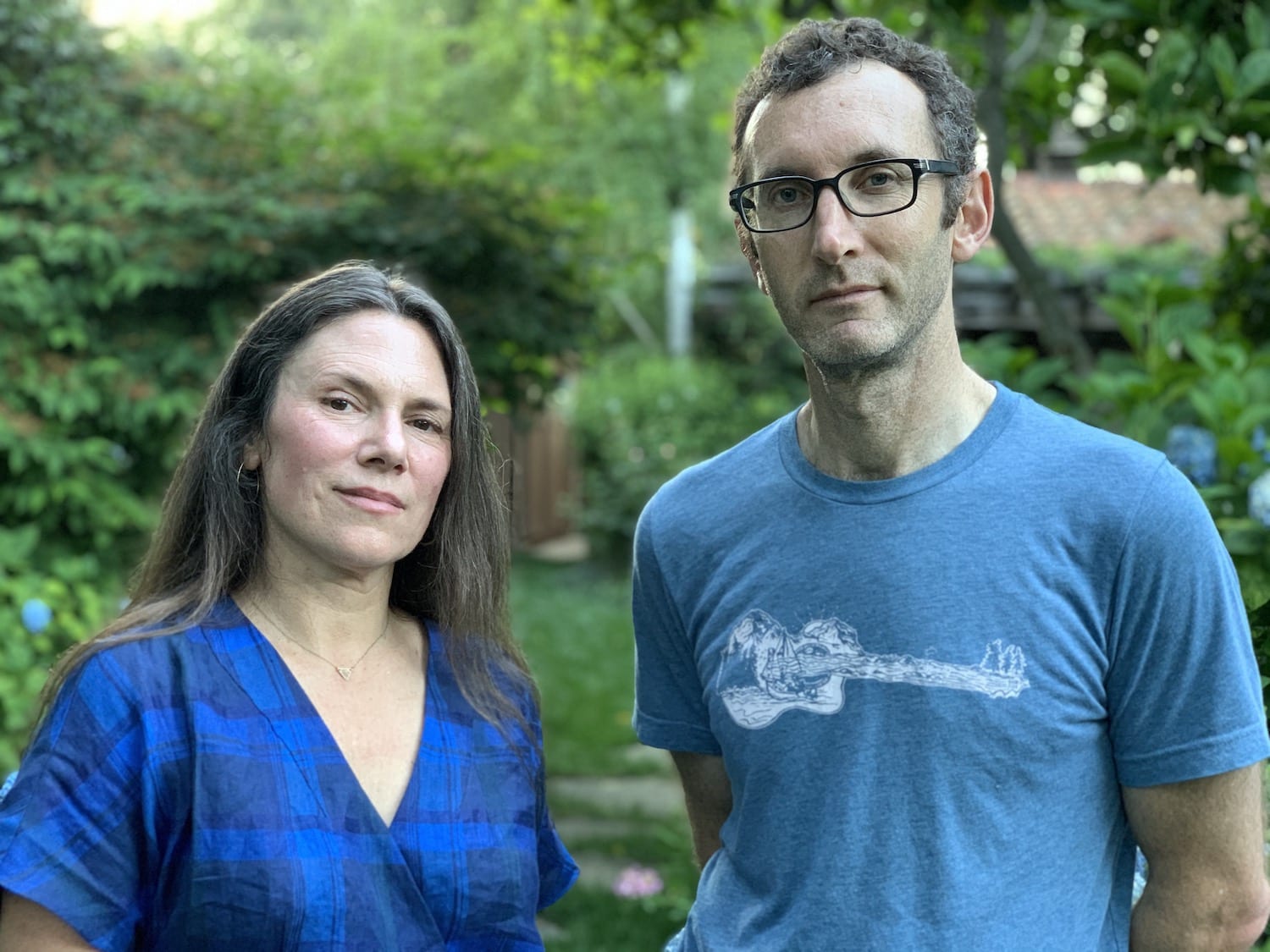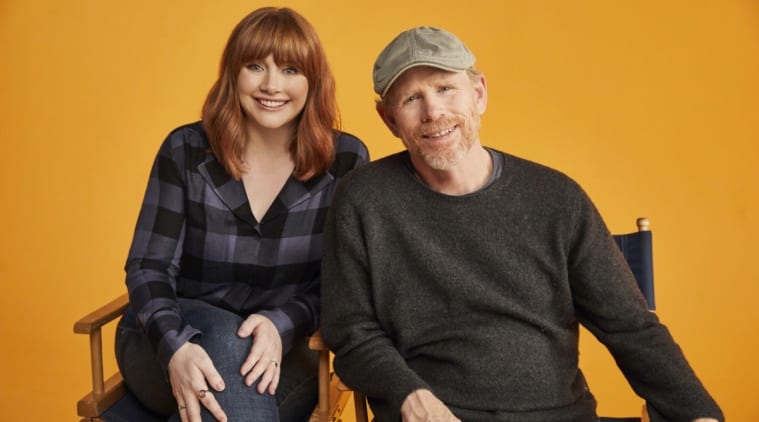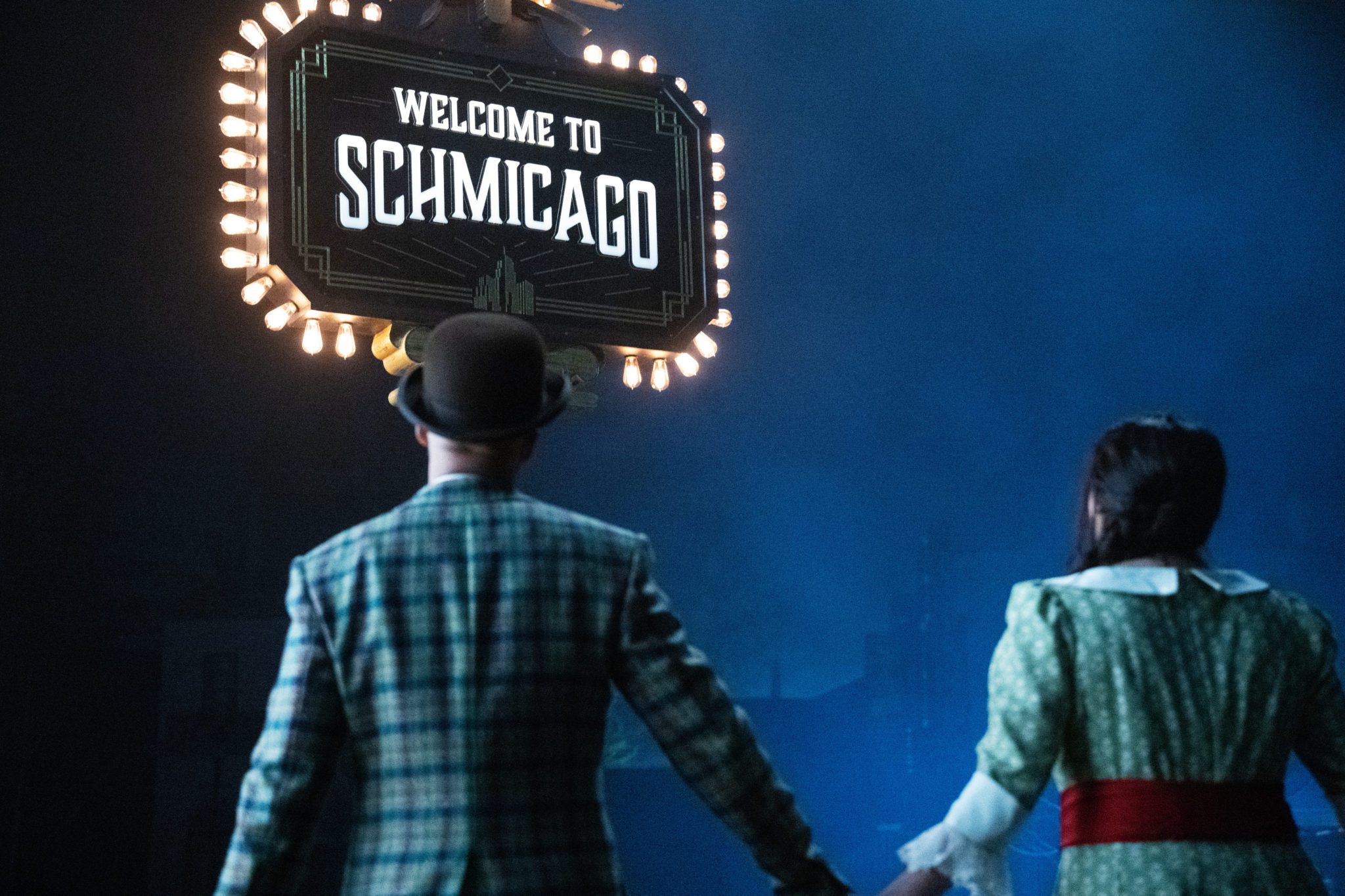
Shmigadoon! S2: Looking for a Happy Ending
It seems that life in Shmigadoon! is always looking for a happy ending. Back for more musical fun, Shmigadoon! picks up ten seconds after the conclusion of the first season as Josh and Melissa (Keegan-Michael Key and Cecily Strong) re-commence their lives together. Passionately in love and newly married, the two settle into a beautiful home with dreams of…

